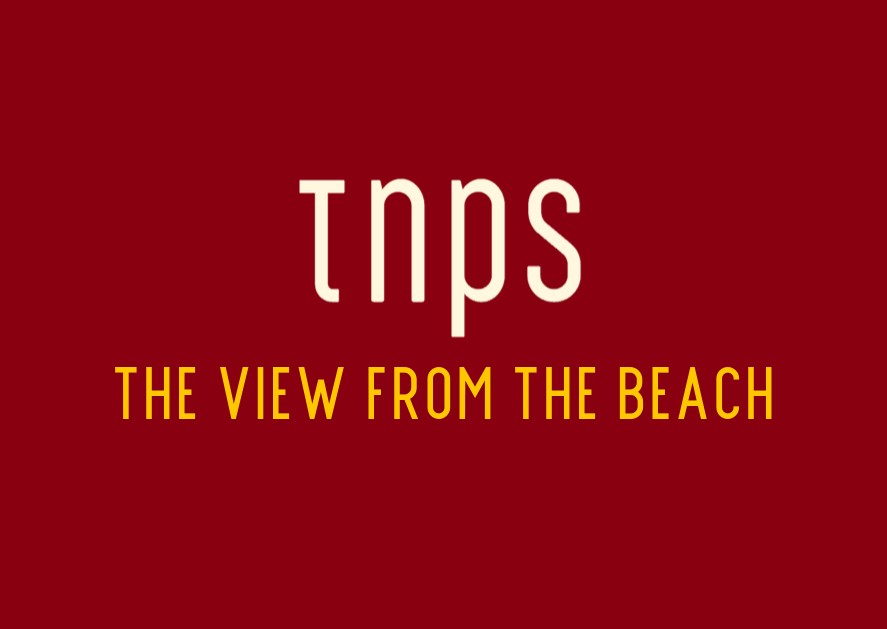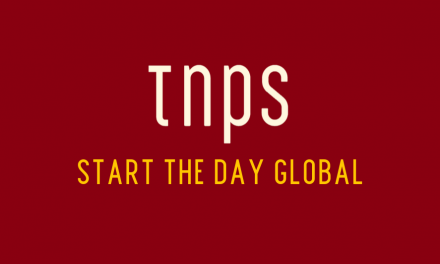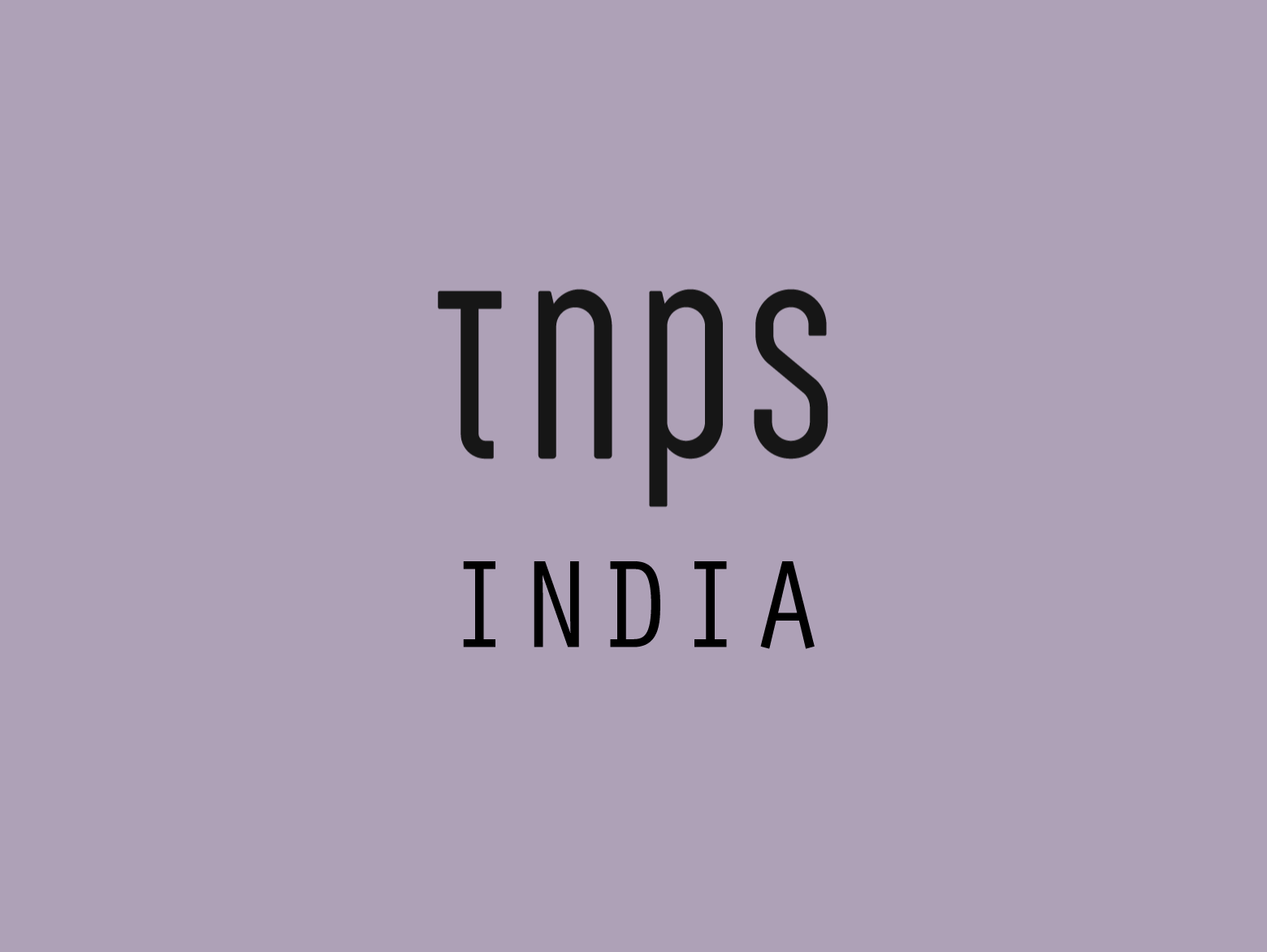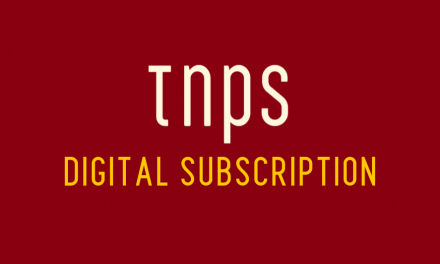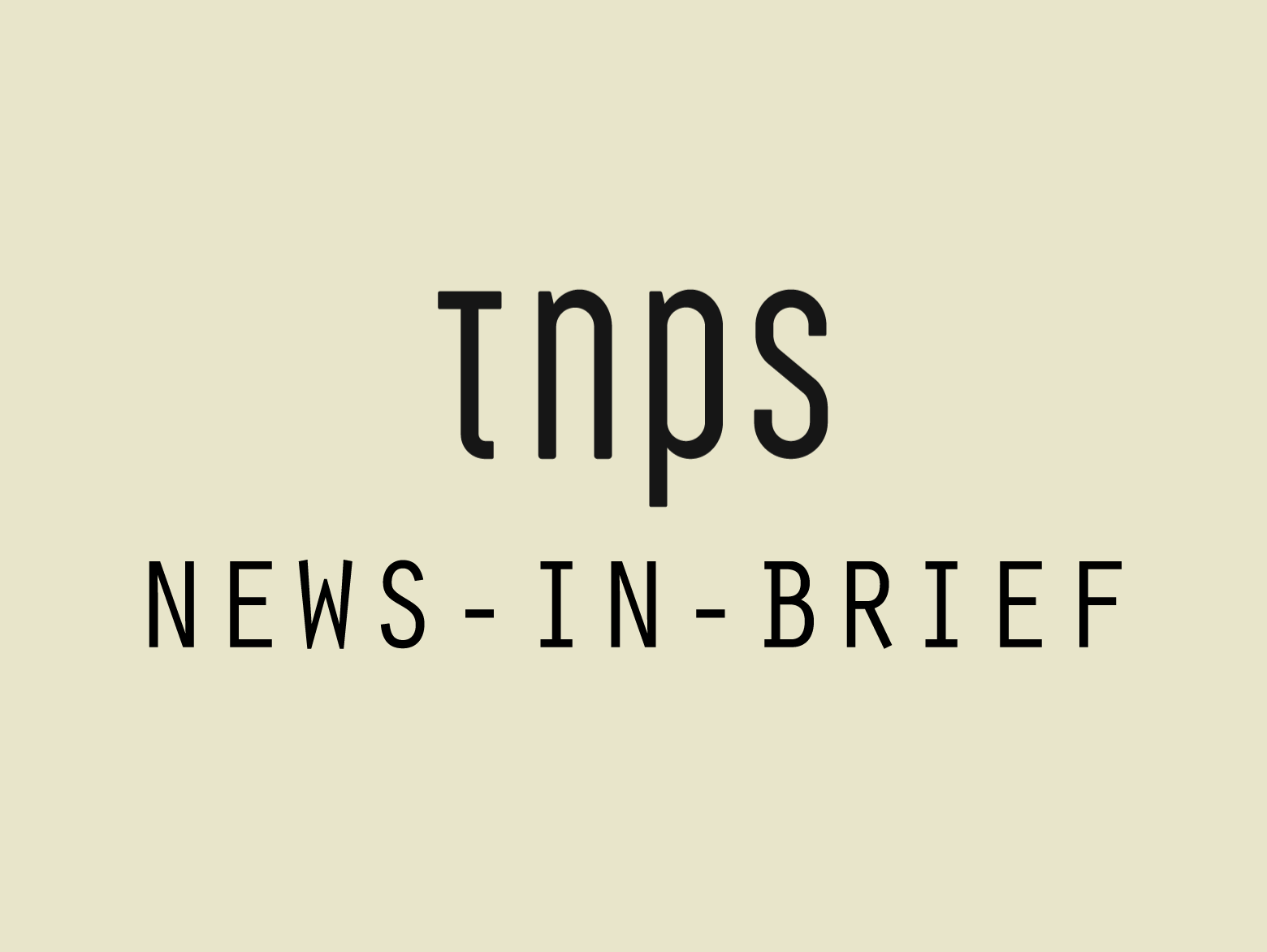The slippery slope has been greased. Audible Plus US and UK are going to outperform the regular one credit per month models just so long as Amazon can keep pumping out its own quality original material and find enough publishers to throw their catalogues into the Audible Plus mix.
“Mission-creep” probably best describes it. It’s not like Amazon had a carefully worked out master plan back when it bought audiobook subscription service Audible or when it launched ebook subscription service Kindle Unlimited, but these things have a habit of becoming so familiar we don’t realise the danger until it’s too late.
In fairness, mainstream publishing in the UK and elsewhere has mostly kept a dignified distance from Kindle Unlimited. While some publishers have dabbled, most have steered clear, knowing that “KU”, as Kindle Unlimited is known in the self-publishing world, is a slippery slope for two reasons:
First, that it is run by Amazon, and publishers had already blindly handed Amazon almost total control of the UK ebook market and dominance of nearly all the other ebook markets where the Kindle store is an option.
Second, because publishers have long since taken a decision to treat ebooks as a sideline, partly because of the afore-mentioned dominance of the market, but also because of the unwillingness of publishers to let consumer demand unduly influence production and output strategies. In publishing the customer is only right so long as they buy what the publishers wants to sell. Unlimited subscription hands too much control to the consumer.
So KU never really stood a chance with the mainstream publishing fraternity.
Not that this bothered Amazon. Because Amazon had three tricks up its sleeve. First it had the then rapidly growing self-publishing fraternity who pretty much wholesale jumped on board with KU, providing the all-important volume of content to make the monthly subscription appealing (and because of the exclusivity rule also weakening rival platforms where indie-authors jumped ship to get the promised benefits of KU.
Second, Amazon had its own back-then nascent and easily dismissed publishing venture, A-Pub, which found the perfect home in KU, adding a large volume of (to the surprise of other publishers) reliable quality content to supplement the less-than-reliable-quality content from the self-publishers. (N.B. There is of course plenty of high quality content from indie authors, but the all but nonexistent entry barriers make it an anything goes arena.)
And third, Amazon controls the algorithms that push preferred content in front of most-likely-to-bite consumers, meaning APub titles punch above their weight in the Amazon charts and are a mainstay of the KU subscriber base.
Thanks to these three factors KU went from experimental sideline for Amazon to a key part of its publishing platform.
Audible meanwhile provided Amazon with, from Day One of acquisition, dominance of the audiobook markets, which was important but not spectacularly so back in pre-smartphone days, but became spectacularly important as the audiobook market shifted from cumbersome physical props to a smooth-as-silk digital experience.
But Audible had began life as a hybrid credit-based subscription service – buy à la carte or pay a monthly fee for one audiobook per month, which might well be priced way above the subscription fee, so an irresistible bargain – and as digital audio became the new black so consumers flooded to take advantage of the one-credit per month offering.
Publishers were happy because the consumer was being given a very limited choice, and all seemed hunky dory until upstart start-ups like Storytel came along and started offering unlimited subscription audio, leaving horrified publishers thinking the sky was falling, but only in Sweden, so who cares?
Many still don’t care today. Amazon’s Audible has remained a one-credit per month subscription game, and Storytel has focused on markets most publishers couldn’t care less about anyway.
But not entirely, and therein lies the problem for publishers complacently handing control of the audiobook markets to Amazon, unable to learn from its mistakes with ebooks, and with blinkered complacency choosing to believe online sales could never hand Amazon control of the print market.
Then the Pandemic arrived, and publishers suddenly found bricks & mortar bookstores were not the bulwark against Amazon that they first believed. But hey, profits were up, sales were up, so what’s the problem?
Pay lip-service to supporting physical bookstores but reap the benefits of those online sales happening mostly, by far, on Amazon. Oh yeah, and reap the benefits of digital audio knowing Amazon’s one-credit-per-month subscription service was within their comfort zone.
Meanwhile Amazon slowly but surely ramps up the unlimited subscription model publishers are so horrified by.
But like a Venus fly trap slowly closing its carnivorous petals around the unsuspecting fly, Amazon’s shift to unlimited subscription is a lot more advanced than publishers care to realise.
Amazon’s Kindle Unlimited has been with us now for seven years and is a much more powerful force in digital publishing than most publishers would care to admit.
In the past three years, for example, Amazon’s KU has paid out more than $1 billion in royalties to its self-publisher base.
But it’s Audible that interests us here, because Amazon has the numbers we don’t – about just how well unlimited subscription is doing – and how much more profitable for the company the subscription model can be.
No wonder then that when Audible launched in Italy it launched with the unlimited subscription model not the one-credit per month subscription-lite model most of us think of when we think of Audible.
And when it came to the Audible Spain launch Amazon again opted for the unlimited subscription model.
Last year Audible rolled out Audible Plus in the US – an unlimited subscription option within Audible – offering consumers choice. Publishers no doubt shuddered once at the very notion of giving consumers choice, and again at the very notion of unlimited subscription writ large right there in the USA, following in the footsteps of much smaller rival Scribd.
But it happened. Publishers of course mostly steered clear, but safe to bet publishers have, if we could peel away the Pandemic affect and look coldly and calmly at Audible revenues, been hit as subscribers to the regular model shifted to the Audible Plus unlimited model, of which APub content provide the backbone.
Then as July ended this year Audible rolled out Audible Plus in the UK, meaning Amazon now offers unlimited audio as an option in four of its markets. Any publisher thinking it might end there is living in cloud-cuckoo land.
Yes, the regular model is still an option in the US and UK, but for how long? And what chance the next new Audible market will be anything but full blown unlimited subscription?
The slippery slope has been greased. Audible Plus US and UK are going to outperform the regular one credit per month models just so long as Amazon can keep pumping out its own quality original material and find enough publishers to throw their catalogues into the Audible Plus mix.
Which begs the question at what point Amazon crunches the numbers and decides that it will make all its Audible markets unlimited subscription?
Publishers will of course have the choice – the same choice they offer consumers: take it or leave it.
You see, the problem is Amazon is famously consumer-centric. So long as it is profitable, Amazon will follow the models that best please the consumers.
And in the third decade of the twenty-first century that means unlimited subscription.
Just ask Netflix, which has just been announced by Ofcom to be more popular in the UK than all the regular Pay TV channels combined, with over 50% of UK households subscribing to Netflix.
Publishers of course have the option not to play the unlimited game. Publishing is all about choice, right? PRH famously went down that road last year, pulling all its titles from unlimited subscription services.
But what, exactly, are publishers going to do if and when Amazon decides it will go all-in for unlimited subscription?
Hell hath no fury like a publisher forced down a business path it doesn’t like, but fury is just loud noise. It’s meaningless.
The day Amazon declares unlimited subscription is the new model, take it or leave it, publishers will whine and wail and then whine and wail some more, and then take a step back and realise the subscription tide has snuck in all round them and once again they’ve blindly handed Amazon the upper hand.
Of course, it doesn’t have to be that way. And the simplest solution is to get on board with as many unlimited subscription services as possible to dilute the impact Amazon’s move will have.
And in doing so publishers can discover first hand the many benefits of unlimited subscription that will open up backlists, bring unprecedented levels of discovery, valuable data and consumer insights (depending on the service), and because consumption volume will grow exponentially, reach more consumers and make more money.

